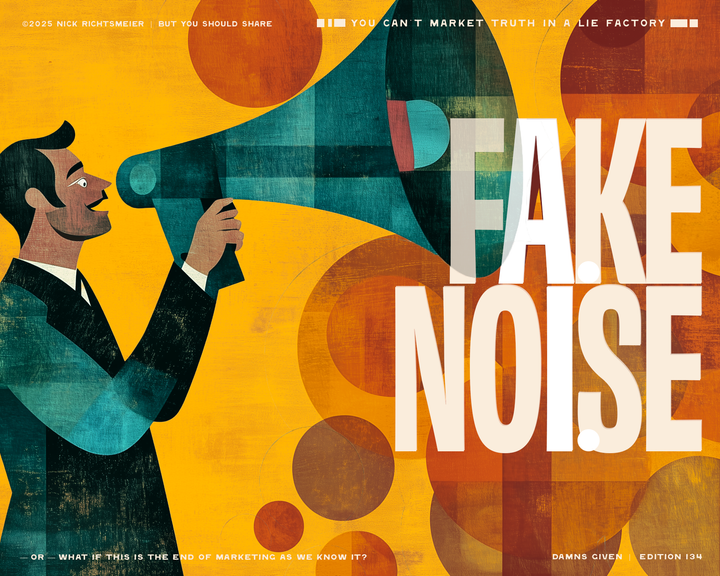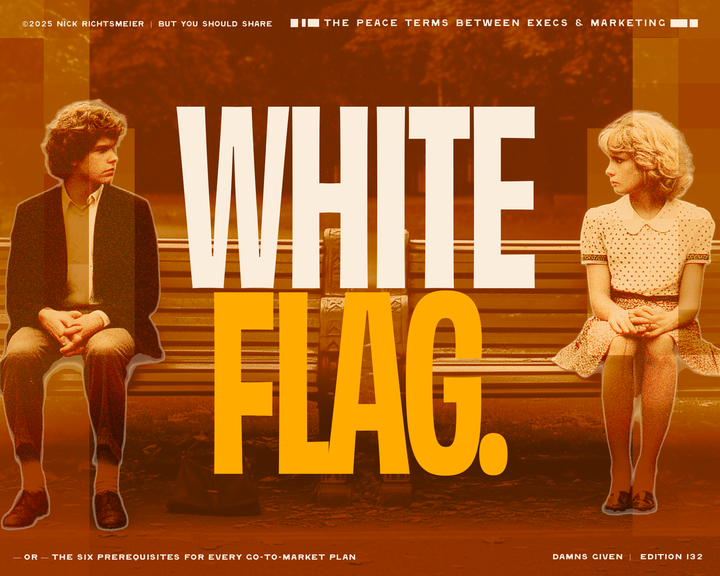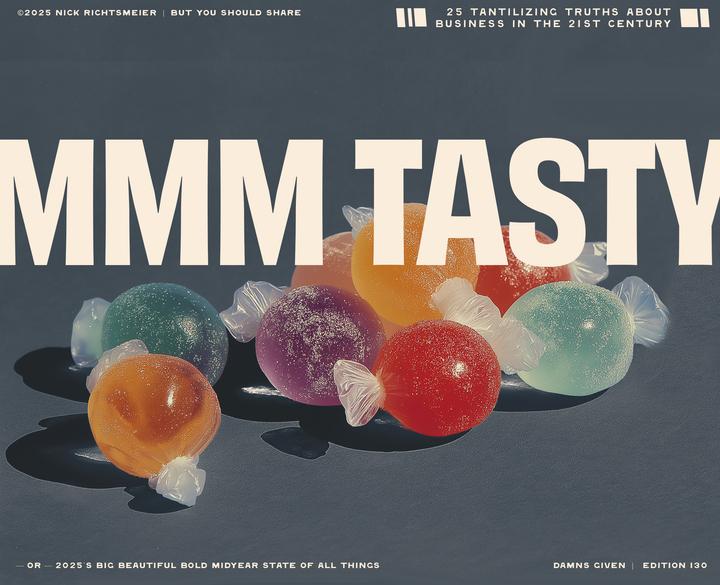We make zombies here.
We’ve built a system that rewards surface-level performance and punishes depth, propping up dead companies with borrowed time and fake metrics. If you want to make something alive, you have to risk being real.
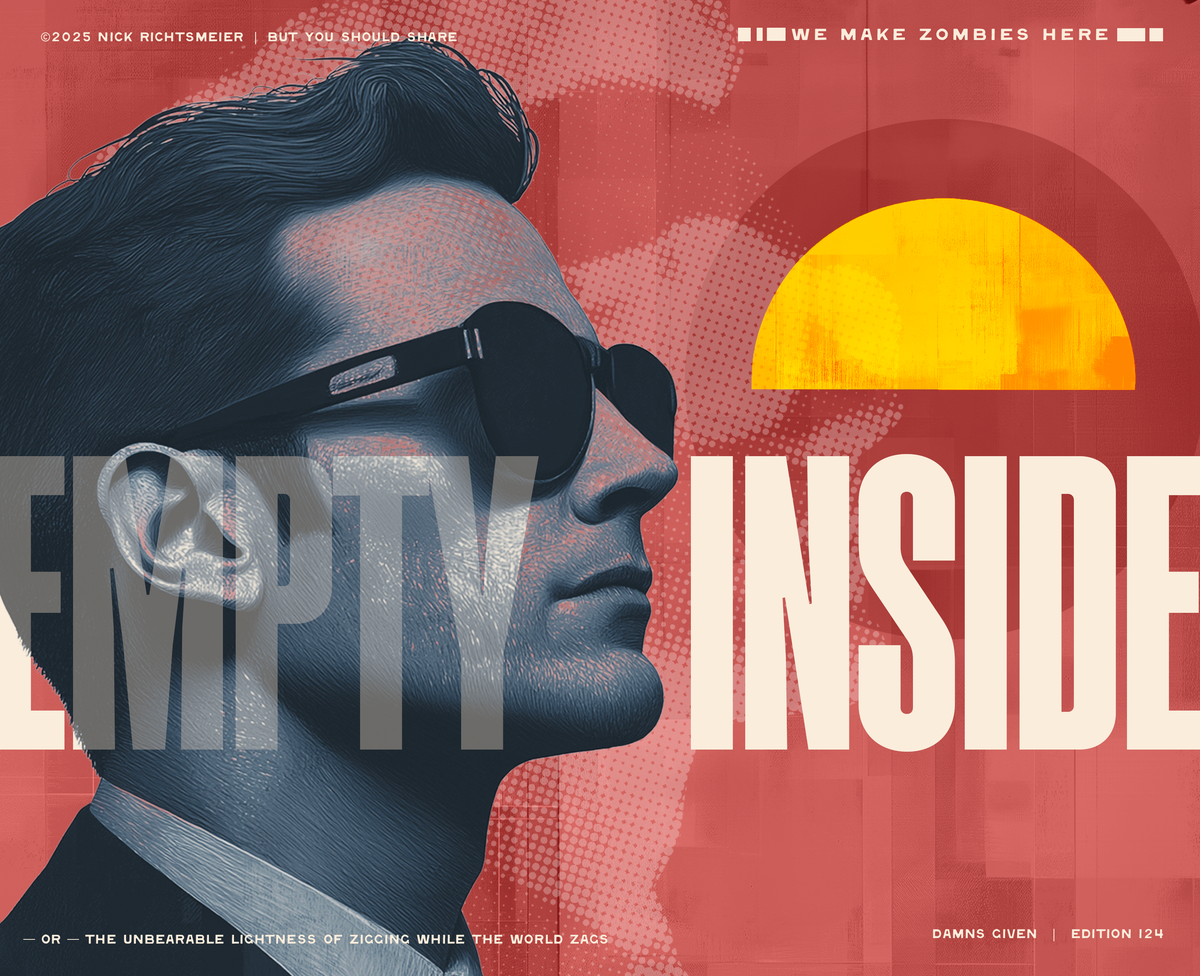
Edition 124 — OR — The unbearable lightness of zigging while the world zags
Hold tight, chickadees while I briefly take you back to the roaring 1990s. Friends is the biggest show in the world, Rose is kicking Jack off that floating door as the Titanic sinks, and the world is waking up to this wild and wooly thing called the Internet.
Your boy here is capitalizing on having a second phone line in the house for his mom's home office, allowing that *beep *boop *buzz *beyong access to the AOL "You've got mail" that was the stuff dreams were made of. Some of you were being conceived at this exact moment, and that, through no fault of yours, is very sad.
Halfway around the world, in the once booming economy of Japan, companies are facing the results of a government-induced market crash at the end of an extreme bubble in stock valuations which profits and an aging population simply couldn't support. Stagflation, that terrible state where prices keep going up while the economy stalls, (if you're not missing the modern moment correlations here, I may have to go back and use all caps in the requisite places) turned the economy into a veritable swamp where firms once known for their global dominance now moved like a baby hippo through lemon-lime Jell-O.
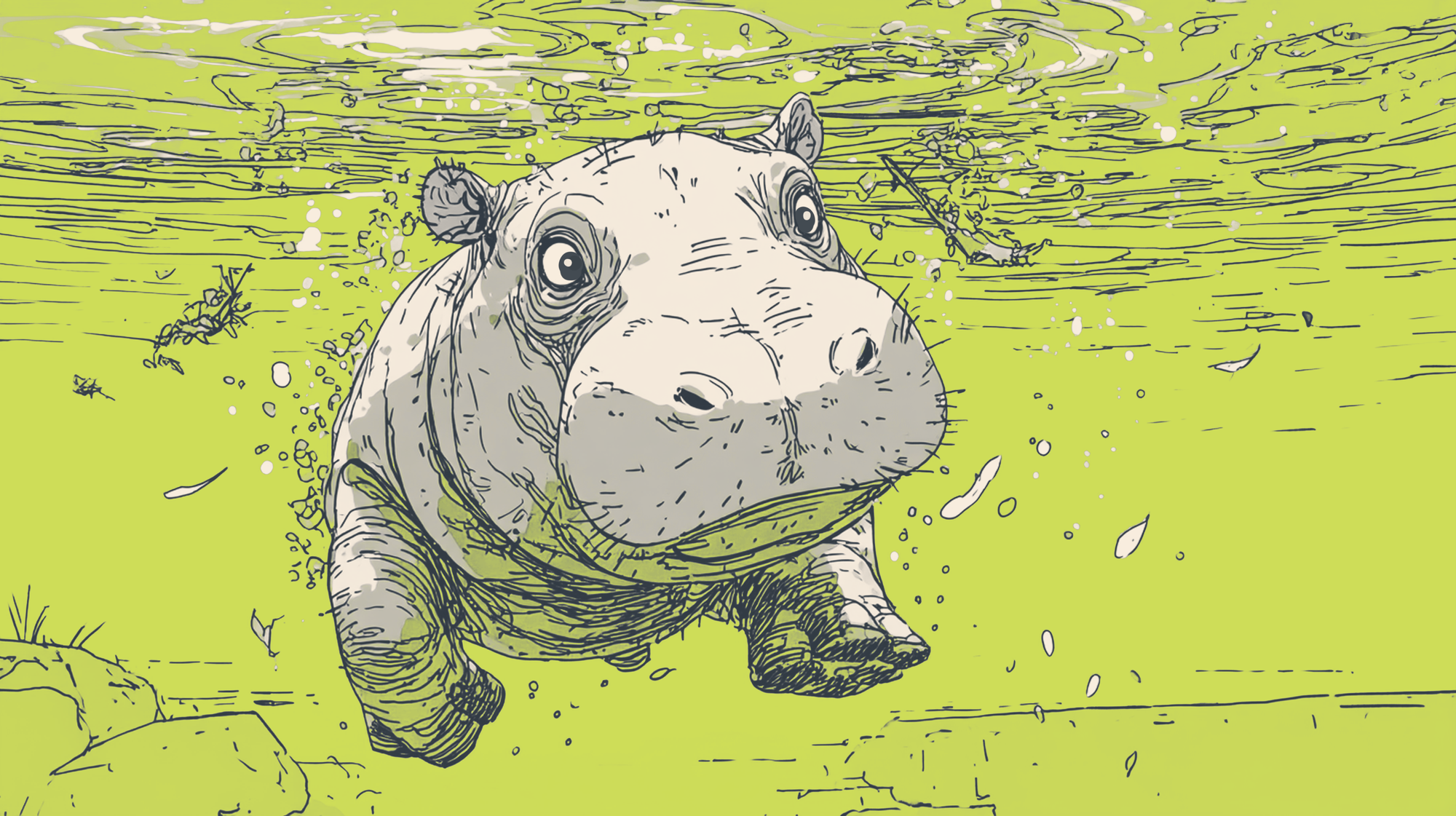
These companies, primarily due to the crippling debt no longer manageable now that their sky-high valuations had come down to the ground were dubbed "zombie companies." They were living, yet dead. Limping through existence on the fumes of slow but steady infusions of capital from banks and high-risk investors who dubbed them too big or too important to fail.
And for more than a decade, the once miracle of the global economy stagnated into the margins.
How to Make a Zombie
I will only momentarily cosplay as an economist to help us on our path toward what this essay is REALLY all about (hint: It's way better than a primer on How to Survive a Zombie Apocalypse or some other cheap cross-cultural reference to the second season of The Last of Us.) What I'm really about here is giving us just enough context and information to see the outlines of a map. A Treasure Map for the 2025 self-immolating climate for growth.
Stay. With. Me. Do not abandon this newsletter...
You make a Zombie company first by inflating valuation. You can do this through an artificial bump caused by the introduction of massive amounts of capital to an industry or an economy (See RIA firms today, selling at 20x revenue for...reasons.) You can do it through a hype machine about world-changing tech that will save us from the stupid pain of being human and finally release the world to intellectually superior robots. (See the AI industry.)
Eventually, all is revealed. The gaslight was on the whole time. Sometimes that happens because a man who has built his financial success on riding bubbles and declaring bankruptcy defies a century of economic insight and throws the world into economic chaos, hypothetically speaking. The mechanism doesn't really matter. What matters is: things come back down to earth.

The problem: that what brought those businesses to the heights of glory is often debt. We're speaking for this exact moment about financial debt, but we'll get to other debts here in a second right before the good news breaks in.
Liquidity (that precious flow of capital that keeps a company running smoothly) dries up. We kick off a "year of efficiency." We lay people off. We shut down R&D. We tell the two marketers that are left that they need to double pipeline on half the budget. We wonder why the fuck we let marketers in the building in the first place.
Everyone is having a very good time.
The company is kept alive by banks, private equity, government favors, etc. It still employs people to push buttons, pull levers, return emails, write prompts into ChatGPT. It may even be a recognized name in its industry for years to come. But inside it is a hollow thing. Emptied out by short-term thinking, access to too much cash, and the belief that its very existence is essential to the world and its clients.
As Japan in the 1990s and early 200os proved, you can build an economy built of zombies for a very long time, but it will be a very challenging time. Good ideas, visionary leaders, inspired creativity, legendary client experiences... all forgotten faster than Eliza Dushku. Slay in peace. (Death, is again, a metaphor.)
Zombies of Another Kind
Today, we are lucky. It's not just debt-laden over-valued balloon companies that have been infected with the zombie virus. Across industries are leaders and cultures, high on their own supply, bubbled not just by debt and easy money but by a now lost internet boom, algorithmic inflation (a mother that always eats her own), and a brief but sadly gone marketing heyday where you could push a few pixels and peddle a few clicks and the world was your digital oyster.
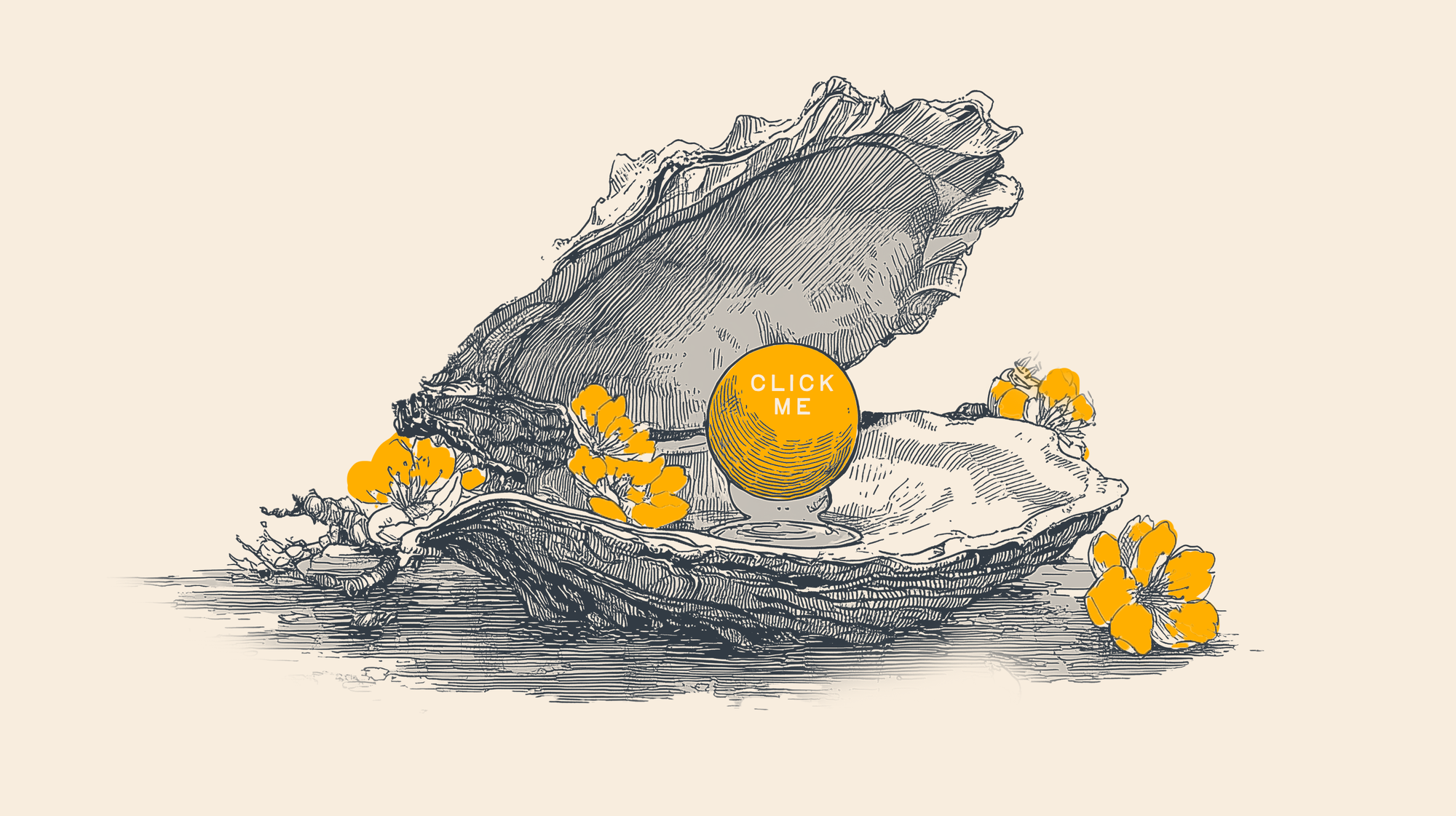
Anytime a venture inflates past its ability to deliver value, take care of its talent, and replicate its genius into new and shifting eras, it takes on zombie properties. These can look like:
- Executive overreach and under-reflection
- Obsession over "efficiency"
- Inability to iterate, question assumptions, self-evaluate
- Playing the market rather than making one
- Believing everything is an existential threat
- Trusting spreadsheets, been-there, done-thats and "proven methods" over anything else
- Being short-term "smart" without understanding the moving ground underneath your feet
By now you're getting it. While accelerated by foolish actions from the executive branch, a whole world of things are colluding and have been for some time to produce America's own variety of zombie companies: mix of hype innovation (AI) glossing over customer blindness, mixed with valuation inflation, powered by low interest rates and a dangerous amount of debt when the market corrects. The result: leaders who do not have the experience or resources to face the growth resistence we have built into the current system.
As famous M&A guru Matt Brinker of Merchant Investment Management said recently about all this leverage, "It’s kind of staggering... to see the replay of strategies that didn’t work redone again."
Zigs against Zags
If you are a CEO/COO/CFO, your first job right now is not to decide whether or not tariff's meet your political priorities. Your first job is to look in the mirror and ask, "Have I built this thing for resilience or repetition?" Repetition businesses manufacture the successes of the past while bolting on a few things here and there, often torn from the bodies of acquired previous living things. There's nothing inherently wrong with M&A, but if you're not using it to create, imagine, challenge, and expand the tent of your possibilities then you're doing it wrong.
If your flurry of acquisitions looks more like a used car lot of once-interesting things than it does laboratory of alchemical creation, you're doing it wrong.
Merging the old should create surprising juxtapositions, innovative experients, and DEEP DEEP DEEP integration of best practices so that the final product could never be confused for a Frankensteinian zombie.
Not an acquirer? Great! Zombie thinking is still waiting at every exit for you. You, despite your best efforts, are being called to by it, like sirenic rocks-dashing crashers of fortune. The system of digital marketing incentives, Mag 7 platforms, AI overlays, incumbent soon-to-be zombies and their oligarchal economic structures don't want good things for you. You are going to also have to ask - do we have the trusted support, the question askers, the innovators, the project managers, the agile systems to iterate, take small bets with deep relationships to build new bridges of trust in a world succumbing to zombification?
Or, like so many around you, are you using your hard-earned capital to hire agencies, advisors, and consultants whose expertise is efficiency-ing you into one more copy of barely moving mediocrity?
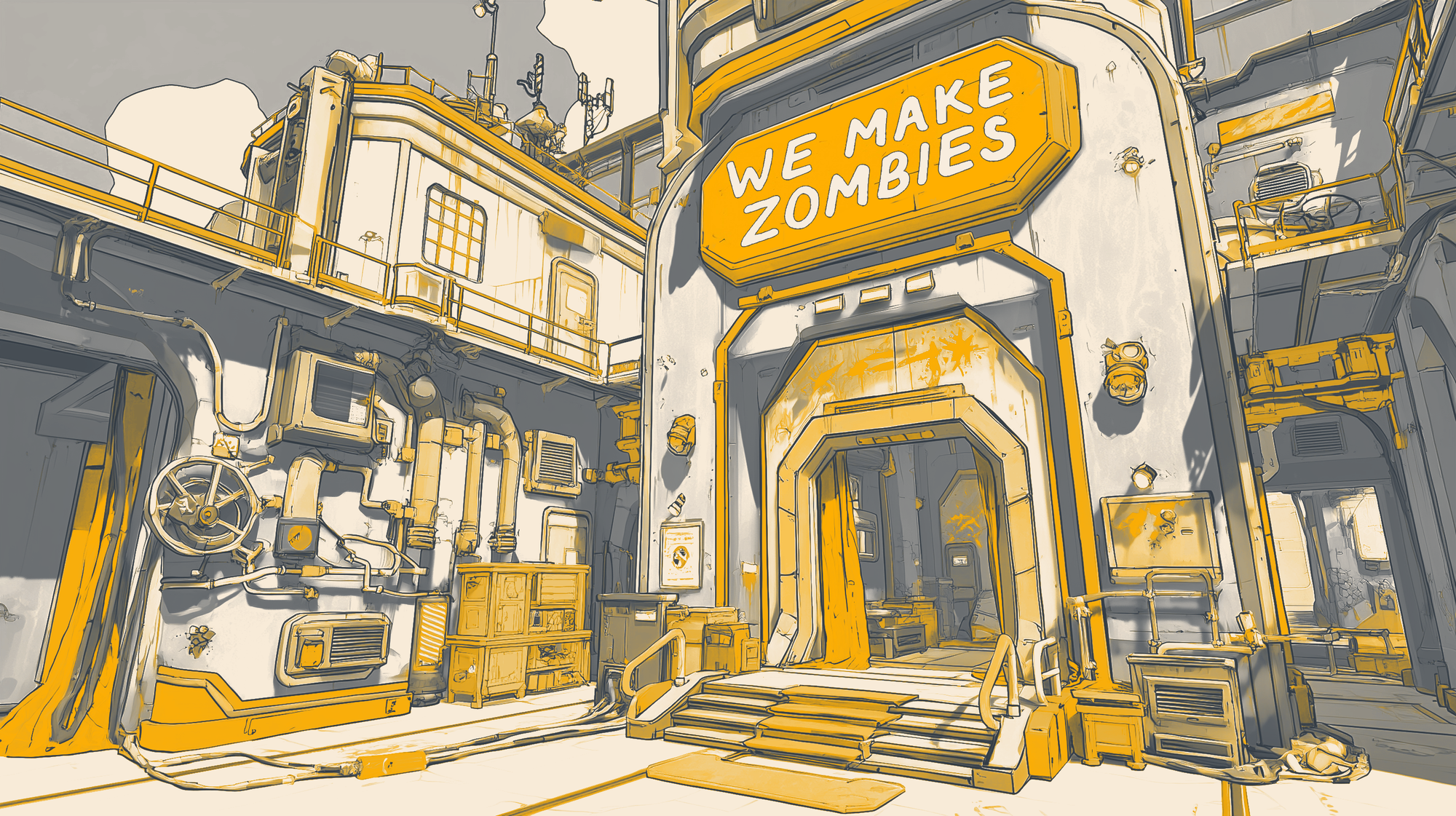
And for you noisemakers who follow here: you Chiefs of Staff, Marketing Directors, Heads of Product, Chief Innovation Officers, Agency founders, copywriters and fiends... this is your moment. But you may not be prepped for it. Some fools are calling you to go to war against those who have not valued your insights before now. That is a waste of time.
Your mission, should you choose to accept it, is to be brilliant and humble, and wiley and persuasive and quiet until just when the moment calls. To learn to recognize your people, and the compaies full of life that can maximize your gifts. This zombie factory that is multiplying around us like wet spring fungus will not be easily defeated. You'll need your wits about you.
But for any of you who have the courage to come out of the bunker, zig into iterative creation against the zag of everything around you hunkering down, you'll find a sea of frustrated, forgotten, and influenceable customers and clients just waiting for you. You with your red blood pumping through your living heart, rushing life to your agile and attentive mind.
This is not the end of the world for you. This is just the beginning.

